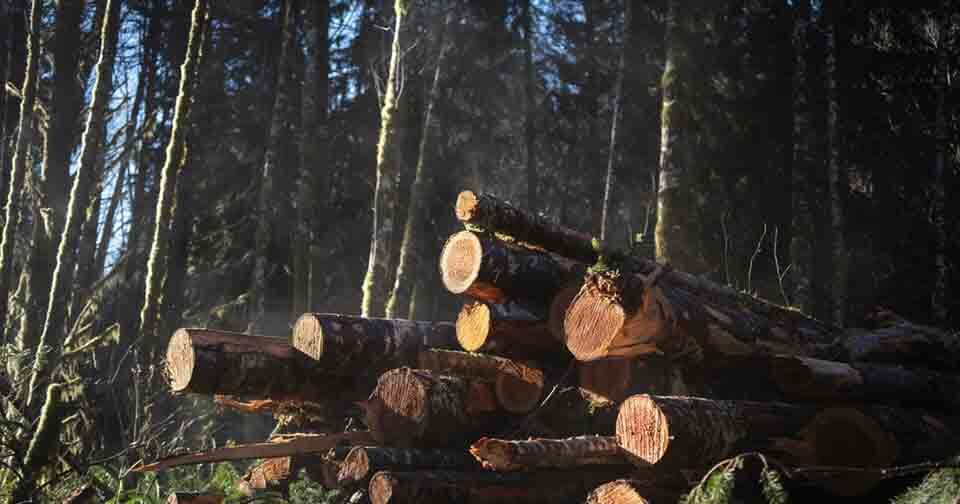BLM’s Contentious Southern Oregon Timber Sales Postponed A Third Time

MEDFORD, Ore. — The federal Bureau of Land Management (BLM) postponed two contentious timber sales in Southern Oregon’s Applegate Valley on Monday for a third time. Opposed since at least 2022 by environmental groups, they argue that commercial logging will increase wildfire risk. Including old-growth forests, the plan to sell timber has also gone ahead without proper environmental review according to environmentalists.
Kyle Sullivan- BLM public affairs specialist indicated that it’s common for timber sales to be delayed, and confirmed that BLM will still be moving forward with the timber sales in late April. BLM sees the project as necessary to reduce forest density, helping to slow the spread of wildfires.
A first under Medford BLM’s new forest management plan- known as the Integrated Vegetation Management Plan or IVM, the timber sales are intended to speed up approval of forest treatment projects and ultimately improve forest resilience.
Why Are The Timber Sales Being Opposed?
George Sexton- conservation director for Klamath-Siskiyou Wildlands Center of Ashland, a conservation group suing to stop the sales, indicated that it appeared that the BLM is not very confident in the legality of the sales. The KS Wild lawsuit- supported by Cascadia Wildlands, Oregon Wild, and the Soda Mountain Wilderness Council could force the BLM to undertake a more thorough environmental review of the projects before the timber is put up for sale. Oral arguments are scheduled for early April.
Sexton pointed out that the IVM plan cuts out opportunities for public comment, fast-tracking the logging of old-growth forests, and destroying the natural habitat for the endangered northern spotted owl. Broadly speaking, KS Wild supports addressing the small-diameter low-elevation Douglas Fir mortality crisis, but would like to see the areas affected managed as oak woodlands, as these trees stand a better chance when faced with drought and climate change.
He does not believe that the timber industry or BLM will support converting low-elevation timber plantations into oak woodlands but feels that addressing climate change is overdue. He hopes that the crisis is a wake-up call to the BLM to stop creating dense young Douglas-fir plantations across Southern Oregon.
Why Are The Timber Sales Necessary?
Lisa Meredith, a BLM silviculturist, finds the die-off of the trees- which creates a fire risk, shocking. She indicated that if the trees are logged before they deteriorate, they could be sold, and this would help with logging costs. As soon as the trees turn red, they need to be milled in under a year.
A fire manager with the BLM, Chris Glode, said they wanted to get to work quicker and more safely. “Public safety is the driver behind this,” he said, as dead trees are a fall hazard. They can block access for emergency personnel and local residents.
A forest entomologist who works for the Forest Service, Laura Lowrey, said that climate change is adding to the drier conditions and heat. The resulting drought stresses the trees, leaving them vulnerable to beetle infestations that can hasten their death. They are currently already weakened, as the affected trees that are being targeted by the project are in areas with less than 35 inches of annual precipitation.
A communications specialist with the BLM, Kyle Sullivan conceded that BLM’s motives have been questioned at times, but confirmed that their priority is the protection of the forest for generations to come. As part of its operations, BLM has historically logged its properties.
According to Sullivan, BLM has been getting more requests from logging companies to delay timber sales. They would prefer the sales to be held closer to when logging would begin in May. There may be value in this as auctioning closer to when operations will begin, the timber value is better aligned with the harvest.
Opening over 80 acres of forestland in the Apple Valley, the proposed Late Mungers and Penn Butte timber auctions were scheduled to take place on January 25, but have been rescheduled for April 25.

Comments are closed.